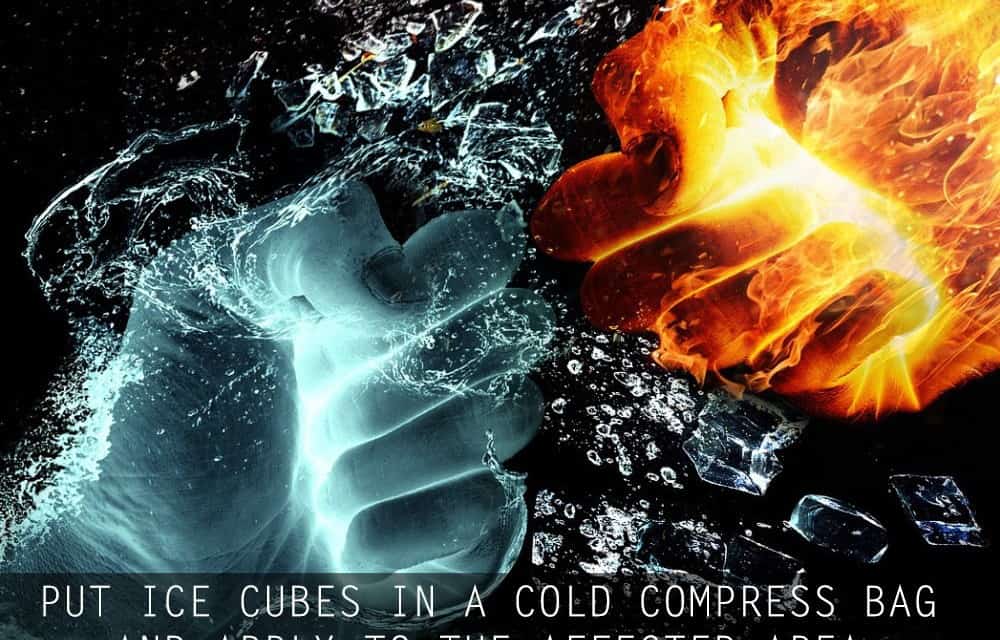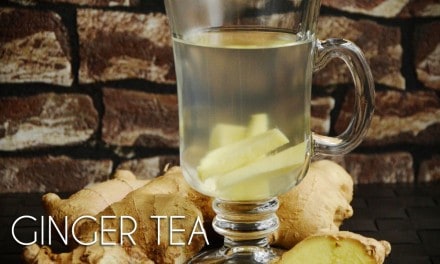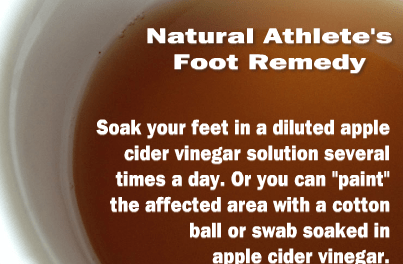Hemorrhoids are a painful condition often caused by excessive straining during bowel movements or by pregnancy and childbirth, and there are two types – internal and external.
The only difference between an external and an internal hemorrhoid is the location of the hemorrhoid. If it appears in the upper anal canal, it is an internal hemorrhoid, and if it appears in the lower anal canal near the anus and just below the pectinate line, it is termed an external hemorrhoid.
Hemorrhoids are equally as prevalent in males as in females. They are somewhat more prevalent in mature people, as the elasticity of the muscular lining in the anal walls deteriorates with age. The anal wall is prone to injury due to straining and exertion, especially during bowel movements. Childbirth adds additional strain so hemorrhoids are a fairly common problem for women, especially after multiple births.
Due to the personal nature of this delicate but painful problem, many people search for natural remedies to treat their hemorrhoids. Here are a few which have provided relief to others.
Aloe Vera Gel
An application of aloe vera gel in the anal area once a day will promote healing. It is also soothing and helps with any persistent irritation.
Oak Bark
Cut 50g of Oak Bark into small chunks and place in a liter of water. Boil for approximately 3 minutes and allow to cool. Pour it into a large basin and sit your backside in the solution for thirty minutes. The warm water will help increase the flow of blood to the rectal area.
The effects may become noticeable in as little as a few hours, or it can take up to two days before relief is found. This method, similar to a sitz bath, will promote circulation of blood in the anal area and will hasten the healing process.
Sitz Bath
The sitz bath is often recommended and is a conventional method of treating hemorrhoids. In a sitz bath, the patient is seated in a bathtub with warm water, enough to cover the anal area. This should be done a couple of times a day for 15 minutes each session.
A warm compress can also be used as a not-quite-as-effective alternative to a sitz bath.
Ice Pack – Not for The Faint-Hearted
Put ice cubes in a cold compress bag and apply this to the affected area. The cold ice provides relief by helping the swollen veins to shrink. The cold temperature also reduces hemorrhoid pain caused by swelling and inflammation.
A word of warning! Don’t overdo it by inserting ice cubes into the rectum. You may only worsen your condition and end up with frostbite!
Butcher’s Broom
Butcher’s Broom extract contains properties that provide relief from inflammation. It also contains ruscogen, a compound that enables the veins to constrict and provide relief for swollen tissues. It can be bought in tea or capsule form.
Flax Seeds
Take one tablespoon of ground flax seed up to three times a day. You may also add some flax seeds to your cooking. Eating flax seeds increases your fiber intake, promoting more regular and easier bowel movements.
Avoid Prolonged Sitting
Sitting for long periods of time is believed to aggravate the condition. If your work requires you to be sitting most of the time, stand to work or take a short walk whenever you can.
Avoid Lifting Objects That Are Too Heavy For You
Avoid doing tasks that require excessive straining such as lifting heavy objects. Ask someone for assistance, or split the load into manageable portions to avoid excessive straining.
Avoid Salty, Fatty or Sugary Foods
Salty foods such as potato chips, canned foods, and salted nuts may increase your blood pressure and trigger the swelling of your rectal veins.
Foods full of processed sugars may put you at risk of having pressured bowel movements, constipation and rectal or anal irritation.
Foods high in saturated fats may solidify your stools and make bowel movements difficult, therefore further irritating or causing hemorrhoid discomfort.
Alcohol and other indulgences have been linked to hemorrhoids. It is no coincidence that outbreaks are worse following periods of celebration or excess.
A Healthy Diet and Lifestyle for a Healthy Digestive System
Diet changes are recommended for patients with hemorrhoids to avoid dehydration and constipation, which may cause hard stool and so excess straining during bowel movements. Eating plenty of fiber will help regulate bowel movements and prevent constipation and subsequent excessive straining.
Drink plenty of water for proper hydration and softer motions when eliminating. And exercise regularly, as exercise helps the body function properly and contributes to the proper regulation of the bowel.
Hemorrhoids can be prevented through proper diet and exercise. Living healthy and eating healthy are the cure for most ‘dis-eases’ today, so make your health a top priority!





Recent Comments